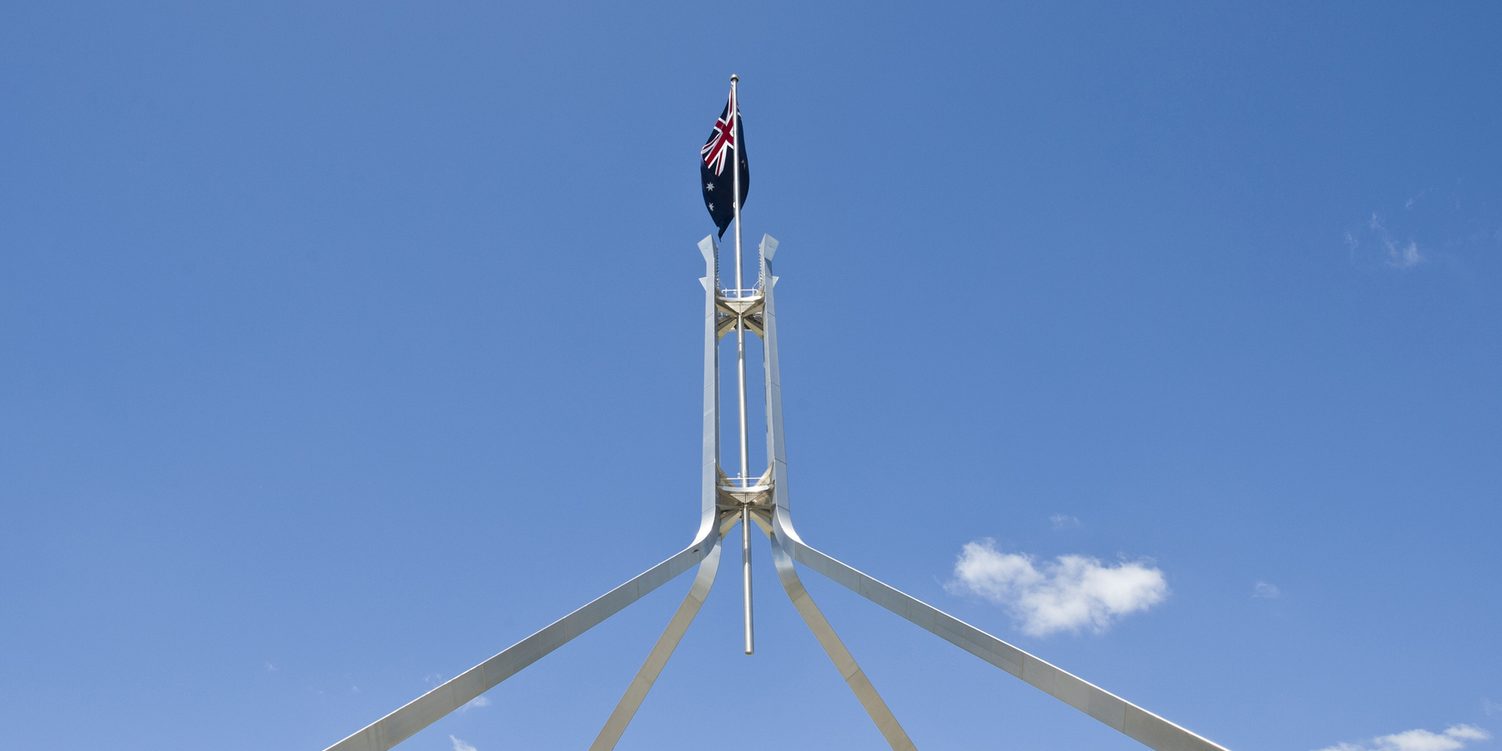The global refugee crisis, the war in Syria and Yemen and the drop in oil and commodity prices does not bode well for geopolitical stability and global economic growth. Despite monetary and fiscal interventions, most major economies are experiencing recessionary-like conditions. China, Russia and the US continue to seek military advantages and the ongoing threat of extremist terrorist attacks undermines global security and investor confidence.
In this broader context, Australia is now preparing to vote at a Federal election on 2 July 2016. The Coalition Government’s early campaign focus upon “jobs and growth” indicates a preference to fight the election on a promise of economic stability and prosperity. Some observers attribute this to an effort to steer the national conversation away from Labor’s arguably more popular health and education policies. In any case, early polls indicate that Labor is gaining ground on the Coalition and that the election will be fought hard in key marginal seats.
Immigration policy has entered the campaign debate thanks to Minister Dutton’s comments on 17 May 2016 that many refugees have limited English language proficiency, are illiterate in their own language and innumerate, “would be taking Australian jobs” or “languish in unemployment queues and on Medicare”. Like many recent Australian elections, the debate around immigration has emerged as one cast in terms of fear (this time, fear of losing jobs to refugees) and burden (this time, the cost of refugees to Australia in terms of English language education, unemployment and Medicare benefits). Despite strong social media outcry and a vociferous rejection of the comments (by Labor, the Greens and refugee community groups), it is likely that the debate around immigration policy during this election will continue to revolve around refugees, with a focus on utilitarian economic issues such as cost and benefit rather than, apparently old-fashioned, social and humanitarian issues like compassion, multiculturalism and nation-building.
With six weeks of campaigning left, it remains to be seen whether, and if so how, the immigration debate will turn, especially since neither party is yet to specifically engage on the potentially controversial matter of immigration undermining national security. Until such time, we thought it would be worthwhile to take stock and, for future reference, set out below a current snapshot of the key immigration policies of the major parties and selected key players.
Refugee and Humanitarian Programme
| Coalition |
|
| Labor |
|
| Greens |
|
| Independents and others | Nick Xenophon
One Nation
|
Skilled Programme
| Coalition |
|
| Labor |
|
| Greens |
|
| Independents and others | Nick Xenophon
One Nation
|
Family programme
| Coalition |
|
| Labor |
|
| Greens |
|
| Independents and others |
|
Multiculturalism and Citizenship
| Coalition |
|
| Labor |
|
| Greens |
|
| Independents and others | Australia First Party
One Nation
|
For specialist immigration advice and assistance, contact Nomos
